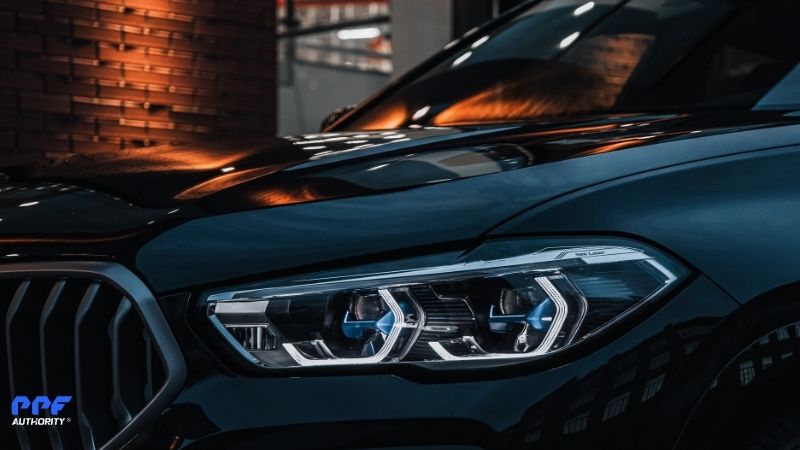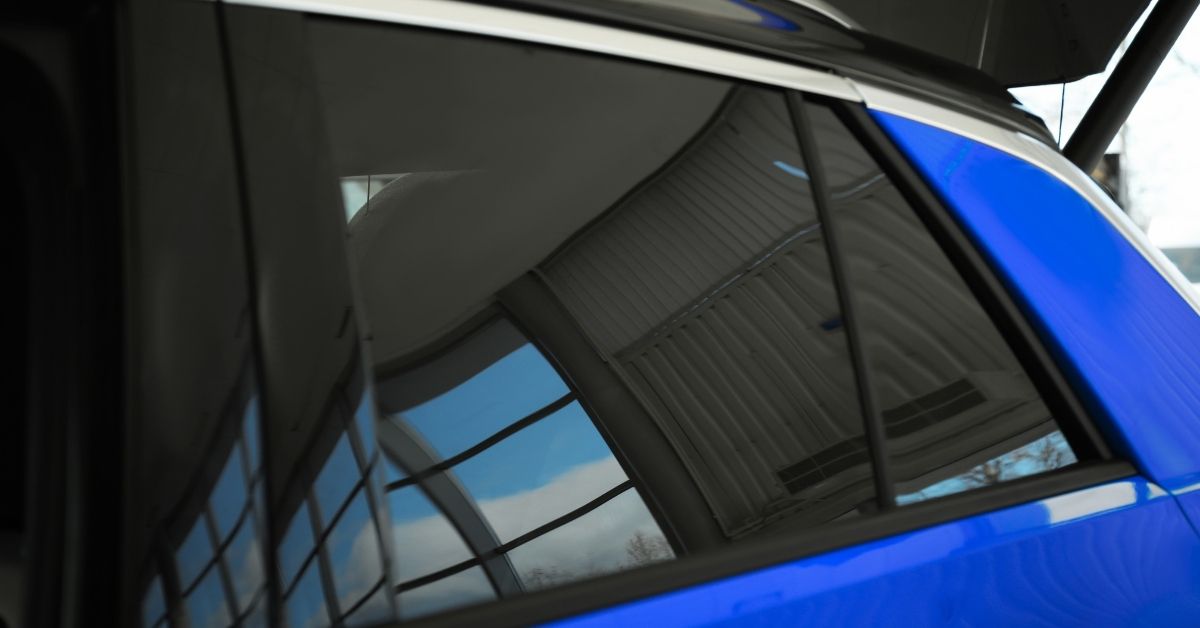Window tinting offers numerous benefits, including UV protection, heat reduction, glare minimization, and enhanced privacy. However, achieving these benefits requires a flawless application, which is not as easy as it seems. While DIY window tinting kits are readily available, they often lead to imperfections, legal compliance issues, and subpar results.
In this article, we’ll discuss why hiring a professional for your window tint installation is the smarter choice and how it ensures superior quality, durability, and peace of mind.
Expertise Ensures Flawless Application
Professional installers possess the skills and experience needed to handle the complexities of window tinting.
Challenges of DIY Tinting
- Bubbles and Wrinkles: Inexperienced DIYers often struggle to smooth out air bubbles or wrinkles in the film, leading to an uneven appearance.
- Misaligned Cuts: Cutting tint film to fit your car’s unique window shapes requires precision, which can be difficult to achieve without practice.
- Curved Windows: Applying tint to curved or contoured windows, such as rear windshields, can be particularly tricky without proper tools and expertise.
What Professionals Offer
- Perfect Fit: Professionals ensure the tint is cut and applied precisely to match your vehicle’s windows.
- Advanced Tools: They use specialized tools like heat guns, squeegees, and precision blades to achieve a seamless finish.
- Experience with Challenges: Professionals know how to handle difficult areas, such as curved glass, window seals, and defroster lines.
Why It Matters: A flawless installation not only looks better but also ensures the tint performs effectively.
Access to High-Quality Materials
Not all window tint films are created equal, and DIY kits often use lower-quality materials that lack durability and performance.
Benefits of Professional-Grade Tint Films
- Longer Lifespan: Premium films, such as ceramic or carbon tints, resist fading, bubbling, and peeling over time.
- Superior Protection: High-quality tints offer better UV blocking, heat rejection, and glare reduction compared to cheaper alternatives.
- Variety of Options: Professionals provide a wide range of tint shades, materials, and technologies, allowing you to customize your tint to suit your needs.
Why It Matters: Investing in high-quality materials ensures your tint lasts longer and provides maximum benefits.
Compliance with Tint Laws
Window tinting laws vary by state or country, regulating factors such as Visible Light Transmission (VLT) percentages and reflectivity. Violating these laws can result in fines or being required to remove your tint.
Common Legal Issues with DIY Tinting
- Choosing a VLT percentage that’s too dark for front windows or windshields.
- Installing reflective or mirrored tints that are prohibited in some areas.
What Professionals Offer
- Knowledge of Local Regulations: Professional installers are familiar with local tinting laws and ensure your installation complies with them.
- Documentation: Many professional shops provide certification that your tint meets legal standards, which can be helpful if questioned by law enforcement.
Why It Matters: Staying compliant avoids unnecessary fines and ensures your vehicle remains street-legal.
Warranty and Long-Term Assurance
DIY tinting may seem cost-effective initially, but mistakes can lead to costly fixes or the need to reapply the film.
Professional Warranty Benefits
- Guaranteed Quality: Most professional installations come with warranties covering bubbling, peeling, fading, or other defects.
- Durability: Properly installed tints are less likely to degrade over time, saving you money in the long run.
- Peace of Mind: If issues arise, a professional installer will address them at no additional cost.
Why It Matters: A warranty protects your investment and ensures your tint performs as expected for years.
Saves Time and Effort
Tinting your car windows yourself can be a time-consuming and frustrating process, especially if you lack experience or the right tools.
DIY Challenges
- Steep Learning Curve: Perfecting the application process requires practice, and mistakes are common for first-timers.
- Multiple Attempts: Removing and reapplying the film to fix errors adds to the time and effort involved.
What Professionals Offer
- Efficiency: Professional installers complete the job quickly, often within a few hours.
- Convenience: While the professionals handle the work, you can focus on other tasks or simply relax.
Why It Matters: Professional installation saves you the hassle and ensures you get it right the first time.
Ensures Maximum Performance
Window tint isn’t just for aesthetics—it’s a functional upgrade designed to improve your driving experience. However, its performance depends on proper installation.
Issues with DIY Installations
- Reduced Heat Rejection: Misaligned or bubbled film may not block heat and UV rays effectively.
- Compromised Glare Reduction: Imperfections in the film can scatter light, reducing its ability to minimize glare.
What Professionals Offer
- Optimal Bonding: Professionals use the right techniques to ensure the tint adheres perfectly to the glass, maximizing its performance.
- Advanced Techniques: For curved windows and complex installations, professionals use heat-shrinking and other advanced methods to achieve the best results.
Why It Matters: Properly installed tint delivers the full range of benefits, from heat rejection to glare reduction.
Enhances Vehicle Aesthetics
A professional tint job enhances the overall look of your vehicle, giving it a sleek and polished appearance.
DIY Risks to Aesthetics
- Bubbles and Creases: Poor application techniques can leave visible imperfections that detract from your car’s appearance.
- Uneven Edges: Crooked cuts or gaps around the window frame can make your tint look amateurish.
What Professionals Offer
- Seamless Finish: Professional installers ensure the tint is smooth, evenly applied, and perfectly cut to fit your windows.
- Custom Options: Choose from a variety of shades and finishes to match your style.
Why It Matters: A professionally tinted vehicle looks more refined and attractive, which can even enhance resale value.
Conclusion
While DIY window tinting may seem like an appealing cost-saving option, it often leads to frustration, imperfections, and additional expenses down the line. Professional installation ensures a flawless application, access to high-quality materials, compliance with local laws, and long-term performance backed by warranties.
Investing in professional tinting not only saves you time and effort but also guarantees that your tint delivers the full range of benefits—heat rejection, UV protection, glare reduction, privacy, and enhanced aesthetics.
For a sleek, functional, and worry-free tint job, trust the experts to get it done right the first time.

